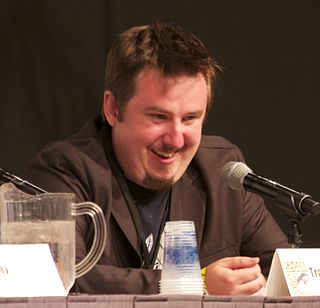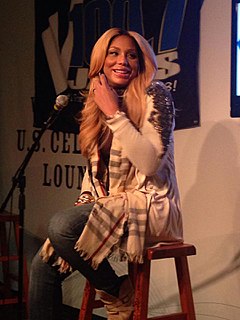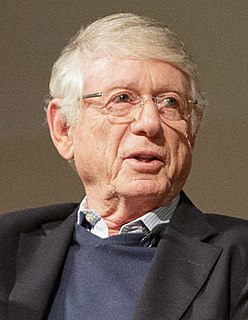A Quote by Travis Beacham
You don't naturally tend to identify with someone who's very different from you on the outside.
Related Quotes
I tell my students, it's not difficult to identify with somebody like yourself, somebody next door who looks like you. What's more difficult is to identify with someone you don't see, who's very far away, who's a different color, who eats a different kind of food. When you begin to do that then literature is really performing its wonders.
For the camera, I like the feeling of changing into different characters. Even though I'm not acting, I still have to be someone different to show the product. If I'm not being someone different, I won't find it fun. I love the shows because it transforms you into a different person. Not Malaika - it makes me someone else. Naturally, I'm quiet and crazy. But when they give me an outfit, like a very elegant outfit, it transforms me into this beautiful woman - I can feel it inside me. I like that, playing different characters. I'm really interested in acting.
We naturally assume that our mental structures are universal. But I suppose an outside biologist looking at us would see something very different. He would see that, like other organisms, we have a narrow sphere within which we are very good, but that sphere is very limited. And that, in fact, the very achievements we can have within that sphere are related to lack of achievements in other spheres.
I tend to think that we are all pretty much alike. We all feel despair. We all have problems with relationships. We all become afraid. We all look at others and think these other people are more fortunate than us. Certainly the details of our life are unique. Spending time thinking of how I am different from someone else, however, does not tend to be very productive.
I have the good fortune of working with two brothers who are very accomplished, incredibly smart, and very capable. So thankfully there is not an issue in that regard where somebody isn't pulling their own weight. We collaborate all the time. We tend to take different paths, but we tend to reach very similar conclusions. It's actually great because it allows us to be much more creative in the process of getting things done.





































